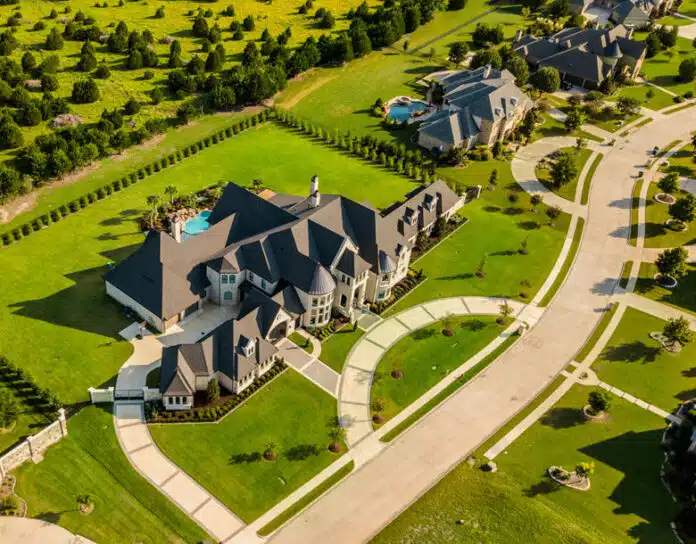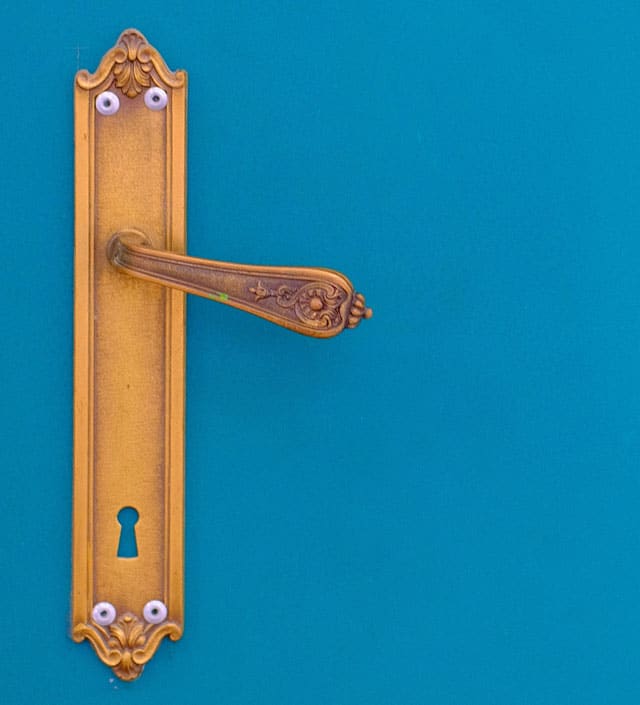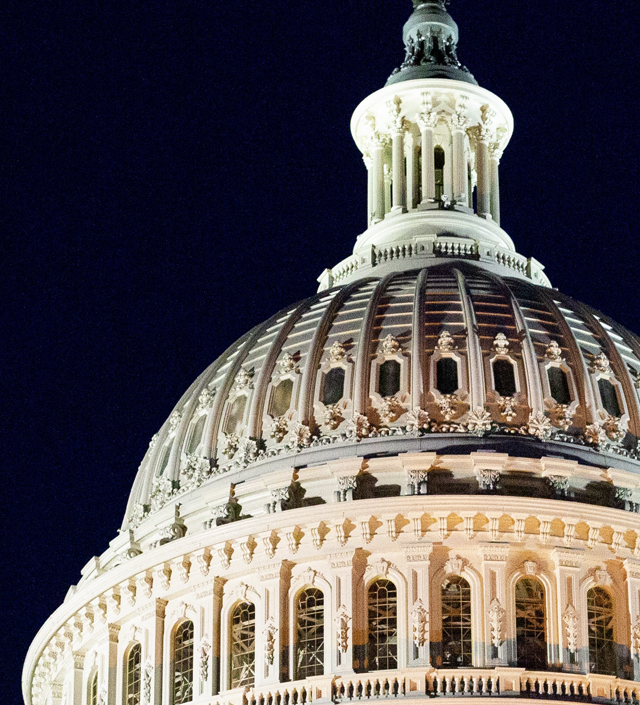New Jersey is increasing its “mansion tax” and shifting the burden from the buyer to the seller.
The changes are included in the state’s $58.78 billion fiscal year 2026 budget, which was passed by the Legislature and signed by Gov. Phil Murphy on June 30.
New Jersey is one of seven states and the District of Columbia that levy so-called “mansion taxes,” according to the National Association of Realtors.
Previously, the Garden State had levied a 1% tax on homes that sell for $1 million or more.
Murphy had proposed raising the tax to 2%, but the state Legislature eased the formula, keeping the 1% rate for homes between $1 million and $2 million, while introducing a graduated set of higher rates for more expensive homes:
- $2 million to $2.5 million, 2%
- $2.5 to $3 million, 2.5%
- $3 million to $3.5 million, 3%
- $3.5 million and above, 3.5%
Seller Will Now Pay the Tax
The Legislature also transferred responsibility for paying the tax from the homebuyer to the seller, reducing costs to buyers and the seller’s profit.
The New Jersey Business Association had strongly opposed Murphy’s initial tax rate proposal but praised “key improvements” of the final compromise, which it reported was reached after extended negotiations with real estate and business advocates and the governor’s office.
Sen. Paul Sarlo, chair of the Budget and Appropriations Committee, reportedly said the final version of the tax is projected to raise about $282 million and apply to between 2% and 3% of home sales.
According to the National Association of Realtors, the states that levy mansion taxes are California, Connecticut, the District of Columbia, Hawaii, New Jersey, New York, Vermont and Washington. In some states, the buyer pays the tax and in others, the seller.
Tax rates range from 1% to 20%, and kick in anywhere from $400,000 to $5.49 million.
Although New Jersey is raising the mansion tax, a state news release reported that the budget includes the most direct property tax relief for homeowners and renters — $4.3 billion. That includes $2.4 million for the ANCHOR property tax relief program, $239 million for the Senior Freeze program, and $600 million for the Stay NJ program, which reduces property taxes for senior homeowners.







